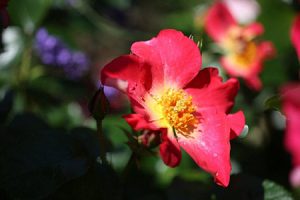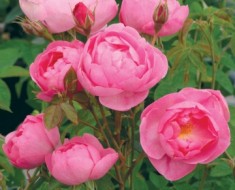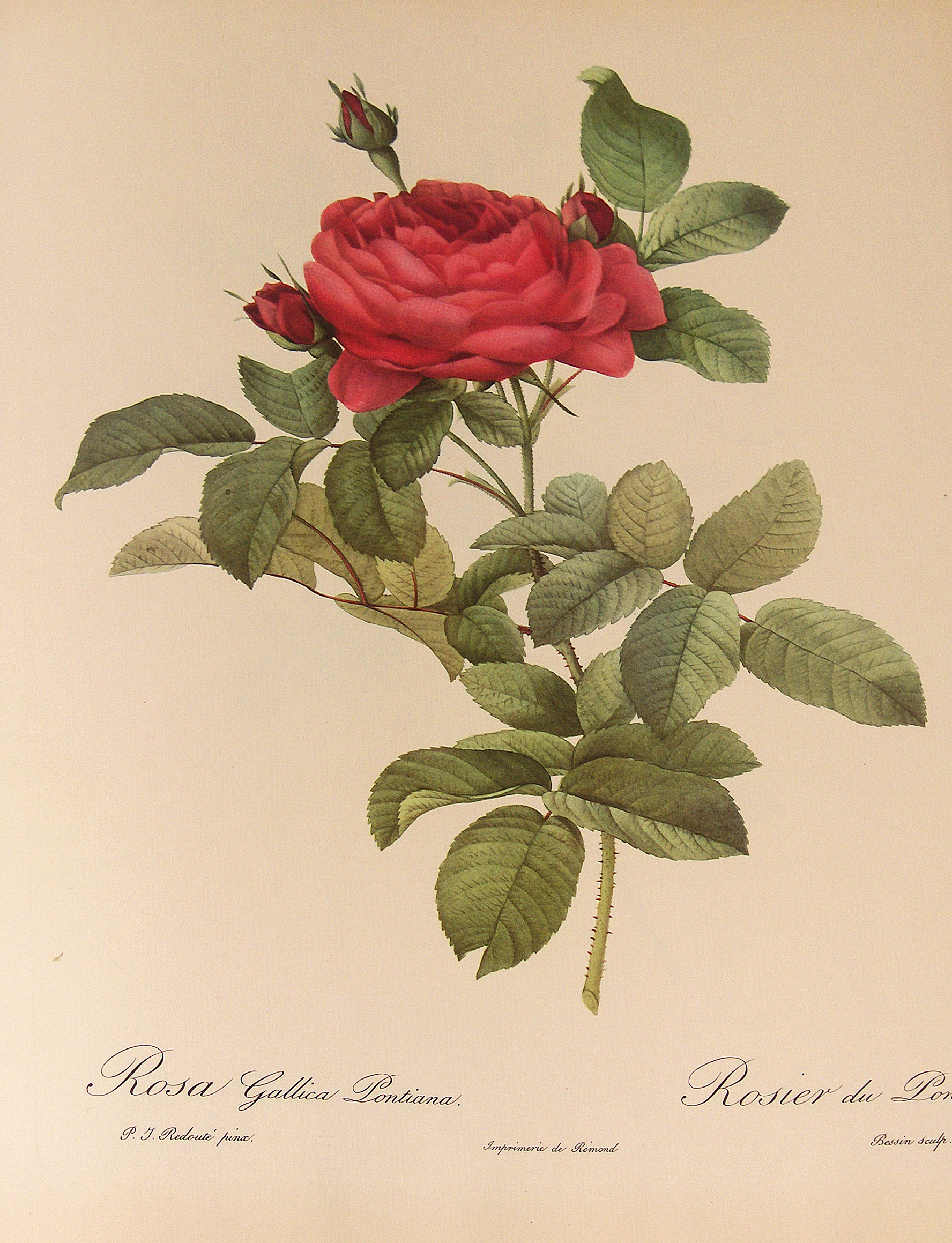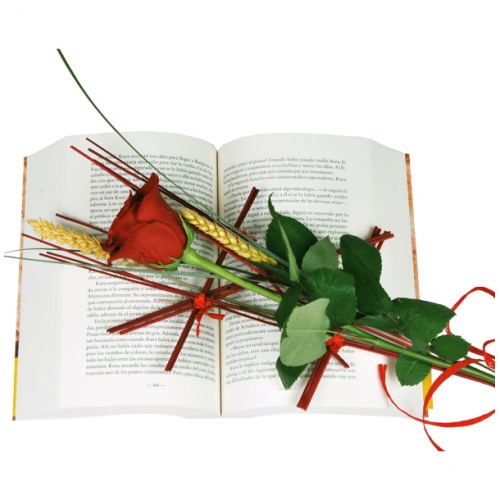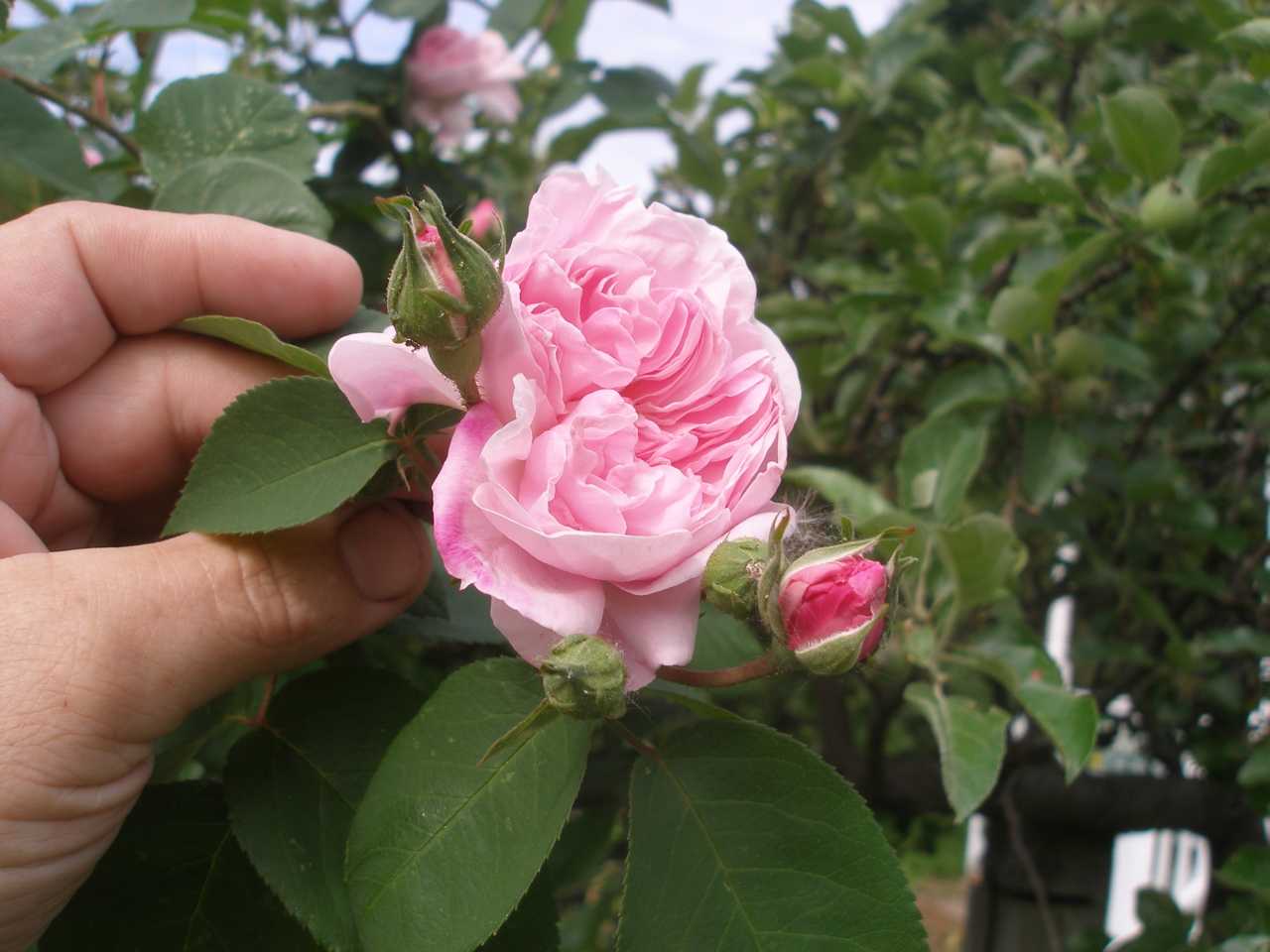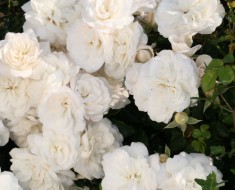The history of the rose flower. This is what will be discussed in this article. Also you will learn the history of the appearance of some varieties of roses.
Mother Nature created flowers as an embodiment of beauty, which should be amazing as an unsurpassed art. Man turns to them both in joy and in sorrow. There is no end to the riches and variety of colors, but the crown of creation is a rose. It was the inspiration of many poets and artists. Many ancient legends, legends and songs that magnify it as a flower of unique beauty, love and tenderness have come down to our days.
For example, the ancient Greeks dedicated a rose to the goddess of love Aphrodite, whose temples were drowned in rose gardens. In ancient Rome, the rose was a reward for courage, and the triumphal path was strewn with pink petals. At Greeks the rose still meant sadness, a regret about the left youth, irrevocable past. The white rose was a symbol of silence: with an important conversation to the ceiling, a white rose was hung or painted its image, which meant that all that was said was a mystery. The rose was grown in large numbers and worshiped it, revered it. Ancient Greek naturalist Theophastus in the lll century BC described various methods of breeding roses: the division of the bush and seeds, and also mentioned a rose with 100 petals. But Seneca knew that hot water promotes the fastest opening of the buds of roses.
From Persia to Kievan Rus roses were brought in the X-XI centuries. In those days, only amateur gardeners engaged in rosewood, and only a privileged person could meet a rose. The present variety of varieties, the abundance of unique types of roses – the result of many years of painstaking work of breeders of all time, their search and finding. For example, the first yellow patch rose was bred in 1900 by a French breeder Joseph Pernet, who crossed different varieties of roses with a wild yellow dog rose for 10 years.
Korejanka – appeared in 1958. This tea-hybrid rose is a mixture of pollen Granat, Parfum de l’Hay and Rosa rugosa. She has thick-flowered flowers black and red with a velvety hue and a pleasant strong smell. This bush blooms from spring to late autumn, wintering and medium.
Chajka – 1952. This variety is dark red, densely populated and blooms from the second decade of June to frost.
Alfred Colomb – 1885. Raspberry-red rose with flowers of medium size, dense, globular, scented. The leaves are dark green and large. Rose is afraid of powdery mildew.
Magna Charta – 1876 The bush of this rose is tall, compact, straight. Rose is winter hardy. Flowers are fragrant, terry, large, bright pink and globular.
Pierre Notting – 1863 This variety appeared due to the crossing of Portemer and Alfred Colomb. The flowers of this rose are blackish-red with a purple hue, large, terry, fragrant, spherical.
